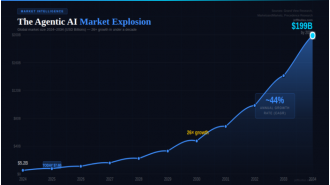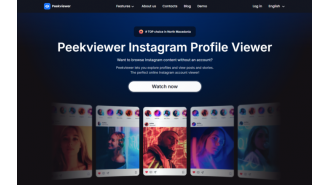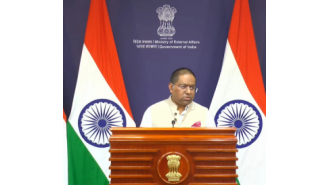1999's tech predictions and their accuracy in 2025.
Bezos foresaw computer chips in everyday items like plates and clothing by the 2000s.

In 1999, Jeff Bezos made some bold predictions about the future while the world was preparing for the new millennium. With the rise of technology, many of these predictions have indeed become a reality, but there are still some that have yet to fully materialize. One of the most notable predictions from that time was the idea that computers would become small and portable enough to take with us wherever we go.
We can now see the truth in this as our smartphones have become an essential part of our daily lives. However, there were also other visions of the 21st century that have not fully come to fruition. For example, one prediction was the concept of a "smart box" in every home, which would serve as a lockable and refrigerated storage for packages and perishable items.
While we do now have delivery lockers and pick-up points, the prediction failed to account for the speed of deliveries and how logistics companies would find ways to keep food chilled during transit. Before becoming a renowned tech billionaire, Jeff Bezos also forecasted that computer chips would be integrated into everyday items such as dinner plates, clothing, and medicine packaging by the early 2000s. This prediction has also come true, as we now have smart home technology and even wearable tech.
Bezos also predicted that computers would eventually become powerful enough to take on tasks for humans, and that we wouldn't even be able to tell if we were speaking to a person or a computer on the phone. It's remarkable to see how much the tech industry has grown since the turn of the century. The rise of artificial intelligence and robotics has been a significant factor in this boom.
In fact, Bezos may have even predicted the rise of AI with the emergence of deepfakes and other AI-generated content that can be challenging to distinguish from reality. Another common prediction from that time was the use of "computer glasses," but this idea didn't quite take off with the failure of Google Glass. However, it seems that this concept is becoming more mainstream as we see companies like Meta and Google developing new smart glasses.
Moving away from gadgets, senior figures at Wired in 1999 accurately predicted that lawsuits over intellectual property, patents, and competition issues would become common in the tech sector of the 21st century. This is now a reality as we see more and more lawsuits being filed over the use of copyrighted material in training AI models and the alleged monopolization of the tech industry by big companies. It's incredible to think that these predictions were made only 26 years ago, but what about predictions from a century ago?
How do they compare to those made by Professor Archibald Montgomery Low in 1925? The scientist and inventor wrote a book called "The Future" where he described what a day in the life of a man in the future would be like. Some of his predictions were quite accurate, such as waking up to a radio alarm clock, communicating through personal radio sets, and shopping on moving stairways and pavements.
However, not all of his ideas have come to pass, such as the use of herbs to light the streets, electrical telepathy, and replacing cavalry with electrically-charged water. But there are still some successes, such as loudspeakers and television machines replacing newspapers, easy access to global broadcasting, and harnessing wind and tide for human use. He also predicted the use of secret cameras and listening devices to catch criminals, which is now a common practice in law enforcement.
It's fascinating to see how much the world has changed in just a century, and it makes us wonder what the future holds for us in the next 100 years. As technology continues to evolve at a rapid pace, it's safe to say that we can expect even more exciting developments and innovations in the coming years.










